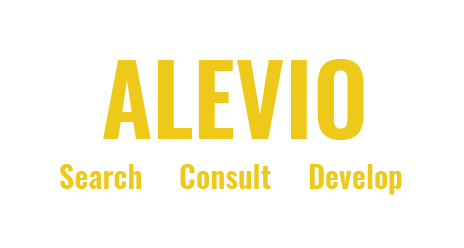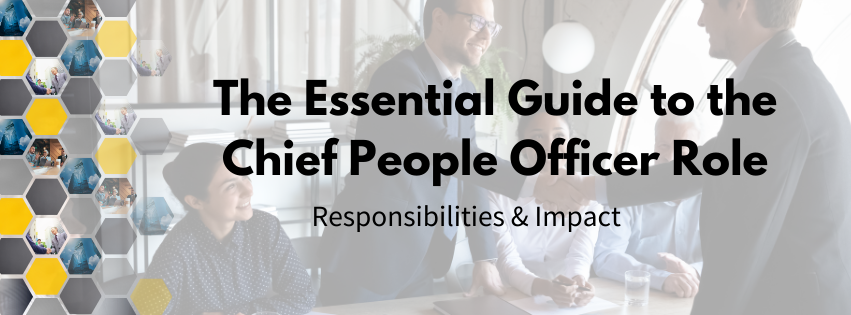
The role of the Chief People Officer (CPO) is rapidly evolving from traditional HR functions to a more strategic, people-first focus. This article delves into the career pathways to becoming a CPO, the responsibilities of the role, and the significant benefits a CPO brings to a business.
The Evolving Role of the CPO
Often referred to as the Director of HR or Chief Human Resources Officer (CHRO), the title “Chief People Officer” reflects a shift towards a more holistic and strategic approach to managing the workforce. Unlike traditional HR roles, which can sometimes feel transactional, the CPO is central to cultivating a positive workplace environment, focusing on employee wellness, incentives, and retention.
Mental Health and Well-Being: HR has been increasingly called upon to support employees facing mental health issues, including isolation, depression, and burnout. The CPO must develop empathetic, employee-friendly benefits and incentives to attract and retain talent, especially in the wake of the Great Resignation.
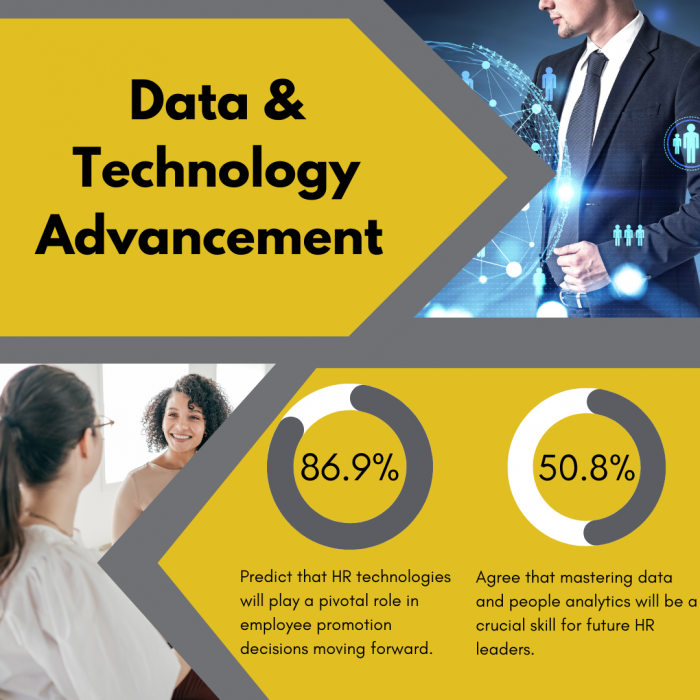
Data and Analytics: With 86.9% of people management executives believing that understanding data and people analytics will be crucial for future HR leaders, CPOs must leverage these tools to make informed decisions and drive business outcomes.
HR Technology: As 50.8% of executives predict that HR technologies will play a significant role in employee promotion decisions, CPOs need to stay ahead of technological advancements to optimize HR processes.
Emotional Skills: Improving employee emotions is linked to productivity gains. Nearly 70% of executives believe that enhancing employee well-being leads to better performance. However, only 21.3% of companies currently assess employees’ emotional skills, and even fewer provide training in this area.
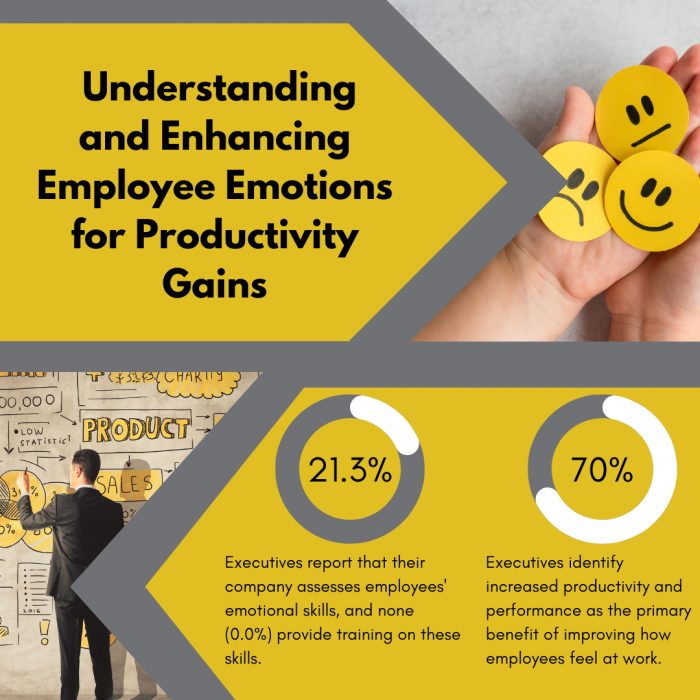
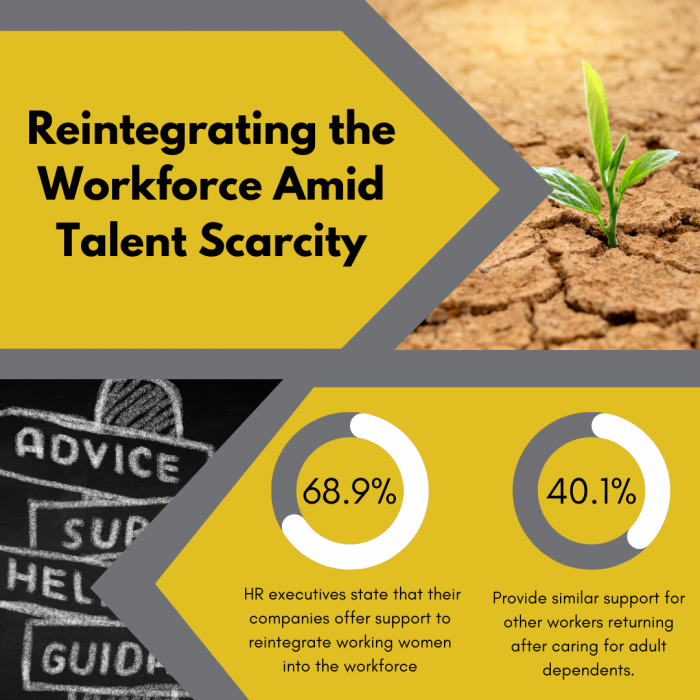
Talent Reintegration: In a world facing talent scarcity, 68.9% of HR executives support the reintegration of working women into the workforce. However, only 40.1% offer similar support for workers returning after caregiving for adult dependents.
What You Need to Be a CPO
Achieving the CPO role typically involves a strategic career path with a focus on building a broad set of skills and experiences:
Educational Background: Most CPOs have a strong educational foundation in human resources, business administration, or related fields, often with advanced degrees or certifications in HR management.
Experience in HR: Gaining extensive experience in various HR functions—such as talent acquisition, employee relations, and learning and development—is crucial. Progressing through roles like HR Manager or Director of HR helps build the necessary expertise.
Leadership Roles: Experience in senior HR leadership roles, such as VP of HR or Director of Talent Management, is often required. Demonstrating the ability to lead teams and manage complex projects is essential.
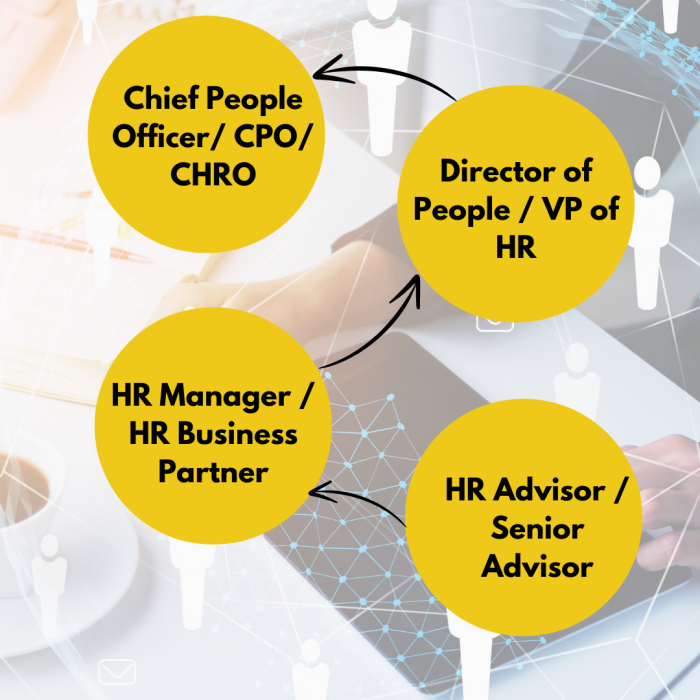
Strategic Acumen: Developing strategic thinking and business acumen through involvement in organizational strategy, project management, and cross-functional initiatives is critical.
Networking and Professional Development: Building a strong professional network and engaging in continuous learning and development through industry conferences, seminars, and HR certifications can enhance career prospects.
Why Your Business Needs a CPO
In today’s competitive landscape, businesses must prioritize their people to succeed. A CPO brings invaluable benefits:
Alignment of People Strategy with Business Goals: A CPO ensures that HR strategies are aligned with the overall business objectives, driving growth and efficiency.
Enhanced Employee Engagement and Retention: By fostering a positive work environment and focusing on employee development, the CPO helps retain top talent and boost morale.
Strategic Leadership and Innovation: The CPO contributes to strategic decision-making, bringing innovative ideas to enhance workplace practices and culture.
Navigating Change: During periods of change, the CPO plays a key role in managing the human side of transitions, ensuring stability and continuity.
In conclusion, the Chief People Officer is a vital role that bridges human resources with strategic business management. By understanding the responsibilities, alternative titles, career pathways, and the critical importance of this role, businesses can better appreciate the value a CPO brings to their organization.
Ready to elevate your HR strategy? At Alevio Consulting, we specialize in executive search and business transformation, including finding and positioning top talent for key roles like the CPO.
Let’s explore how we can support your leadership needs and drive transformative growth.
